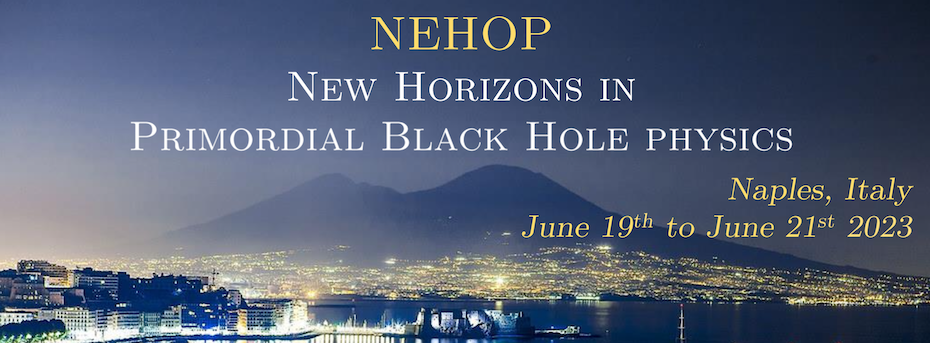Speaker
Description
PBHs whose masses are in $\sim[10^{-15}M_\odot,10^{-11}M_{\odot}]$ have been extensively studied as a candidate for the whole DM. One of the promising probes to test such a PBH-DM scenario is scalar-induced stochastic GWs accompanied by enhanced primordial fluctuations to form the PBHs with frequency peaked in the mHz band being targeted by the LISA mission.
In order to utilize the stochastic GWs for checking the PBH-DM scenario, it is necessary to exactly relate the PBH abundance and the amplitude of the GWs spectrum.
Recently in Kitajima et al, the impact of the non-Gaussianity of the enhanced primordial curvature perturbations on the PBH abundance has been investigated based on the peak theory, and they found that a specific non-Gaussian feature called the exponential tail significantly increases the PBH abundance compared with the Gaussian case. This means that the amplitude of the GWs spectrum would be reduced.
Then, in this work, we investigate the spectrum of the induced stochastic GWs associated with the PBH-DM scenario in the exponential-tail case.
In order to take into account the non-Gaussianity properly, we employ the diagrammatic approach for the calculation of the spectrum.
We find that the amplitude of the stochastic GW spectrum is slightly lower than the one for the Gaussian case, but it can still be detectable with the LISA sensitivity.
We also find that the non-Gaussian contribution can appear on the high-frequency side through their complicated momentum configurations.
Although this feature emerges under the LISA sensitivity, obtaining information about the non-Gaussianity from GW observation with a deeper sensitivity such as the DECIGO mission might be possible.

